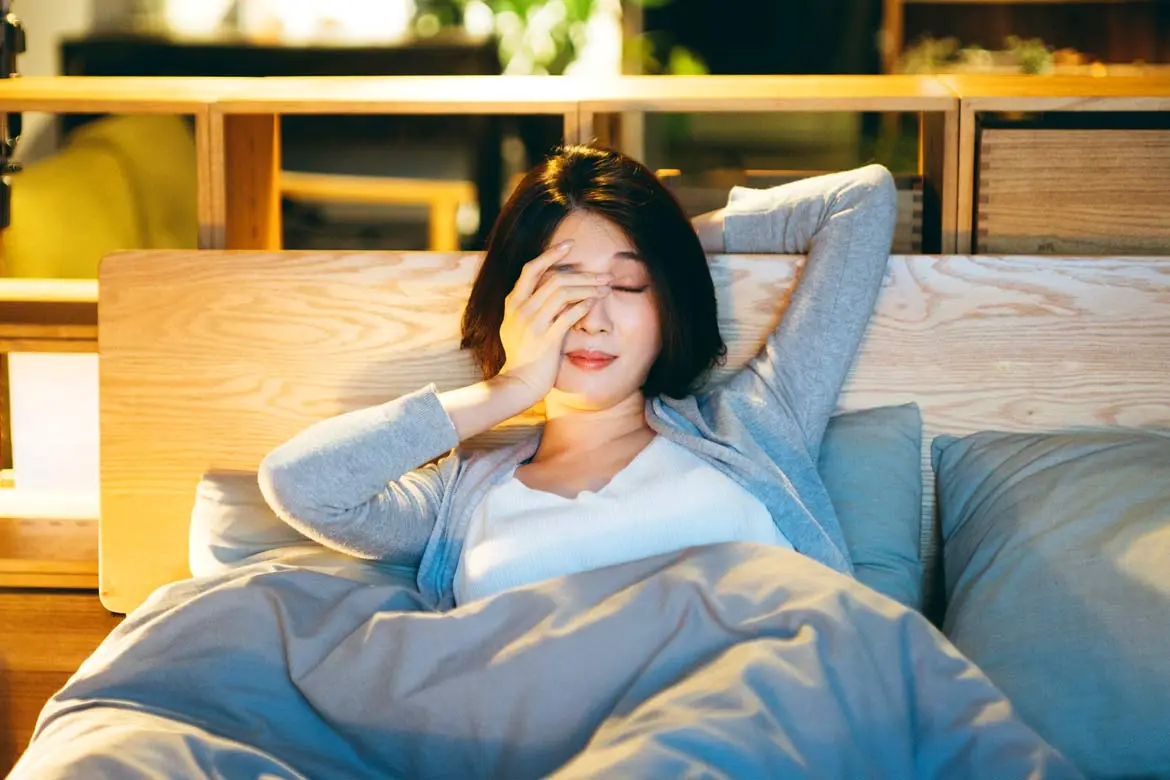Joy Marie Lim
Medical Advisor


Source: Getty Images
Medical Advisor
Do you usually wake up in a good mood, feeling energised and ready to take on the day? Or do you feel groggy every morning as you drag your feet out of bed?
How rested you feel after waking up is an indication of your sleep hygiene habits. Sleep hygiene refers to healthy behaviours you can adopt to help you get consistent, uninterrupted sleep. Good sleep hygiene is essential as it allows your body to recharge and supports your overall health and wellbeing.
However, many Singaporeans are reportedly sleep-deprived and unable to meet their basic sleep needs. According to a 2022 survey by global research firm YouGov, only 1 in 4 adults in Singapore get at least 7 hours of sleep daily (the recommended sleep cycle by the National Sleep Foundation), with only 17% getting uninterrupted sleep throughout the night.
Your sleep health is determined by the quantity and quality of your sleep.
When it comes to sleep quantity, adults in general should get between 7 – 9 hours of sleep each night. Sleep quality, on the other hand, is defined by several characteristics such as:
Many factors contribute to poor sleep, such as stress, long working hours, or even medical conditions such as insomnia, sleep apnoea and urinary incontinence. Practising good sleep hygiene habits can help mitigate these factors and promote better quality sleep.
Learn why it's important to get a good night's sleep, and read on for 5 sleep hygiene tips that will help you sleep like a baby.
Creating a conducive sleep environment can help you sleep easier and better. Your bedroom should be your sanctuary, a place where you can relax in comfort and get lulled to sleep.
While the design of an 'ideal' bedroom is rather subjective, here are some general tips you should follow:
It's important to set a sleep-wake schedule and abide by it diligently. Having a consistent sleep schedule regulates your internal body clock (circadian rhythm) and trains your brain to get used to the routine of sleeping and waking up at the same time each day.
Avoid napping close to your bedtime, and if you're making adjustments to your sleep cycle, do so gradually to let your body get accustomed.
Did you know that poor bedtime routines can contribute to insomnia and keep you up at night? What you do during the last 30 minutes before going to bed greatly affects the quality of your sleep. Focus on winding down before bed. Some measures you can take include dimming the lights in your bedroom, switching off the TV, and disconnecting from your digital devices.
Start a sleep diary to keep track of your sleep hygiene. This is to help you identify possible factors that may be affecting your sleep. While these factors may not seem apparent initially, you should be able to spot a trend over time that can be addressed.
You don't need anything fancy to start a sleep diary – simply download one of the free mobile applications available, or rely on a good old pen and notebook.
Good sleep plays a key role in supporting your mental health and keeping diseases at bay. If you find yourself having poor or interrupted sleep regularly, it might be the sign of an underlying medical problem. Don't hesitate to see a doctor and find out how you can improve your sleep.